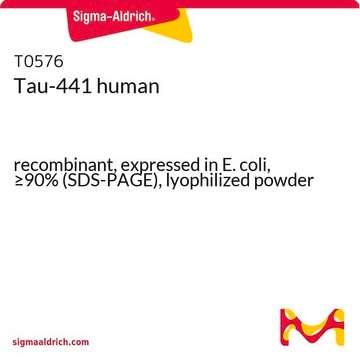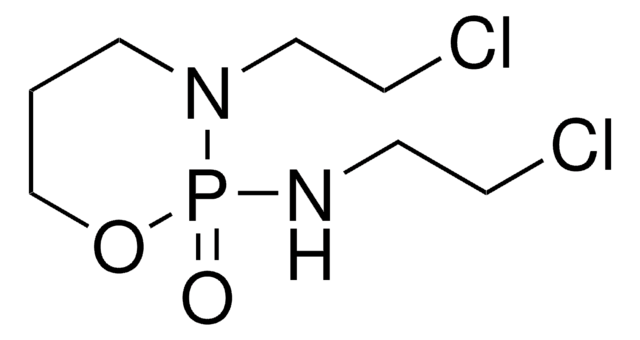B2635
Busulfan
analytical standard, for drug analysis
Synonyme(s) :
1,4-Butanediol dimethanesulfonate
About This Item
Produits recommandés
Qualité
analytical standard, for drug analysis
Niveau de qualité
Technique(s)
HPLC: suitable
gas chromatography (GC): suitable
Pf
114-117 °C (lit.)
Application(s)
forensics and toxicology
veterinary
Format
neat
Chaîne SMILES
CS(=O)(=O)OCCCCOS(C)(=O)=O
InChI
1S/C6H14O6S2/c1-13(7,8)11-5-3-4-6-12-14(2,9)10/h3-6H2,1-2H3
Clé InChI
COVZYZSDYWQREU-UHFFFAOYSA-N
Vous recherchez des produits similaires ? Visite Guide de comparaison des produits
Description générale
Application
Mention d'avertissement
Danger
Mentions de danger
Conseils de prudence
Classification des risques
Acute Tox. 3 Oral - Carc. 1A - Muta. 1B - Repr. 1B
Code de la classe de stockage
6.1C - Combustible acute toxic Cat.3 / toxic compounds or compounds which causing chronic effects
Classe de danger pour l'eau (WGK)
WGK 3
Point d'éclair (°F)
Not applicable
Point d'éclair (°C)
Not applicable
Faites votre choix parmi les versions les plus récentes :
Déjà en possession de ce produit ?
Retrouvez la documentation relative aux produits que vous avez récemment achetés dans la Bibliothèque de documents.
Les clients ont également consulté
Notre équipe de scientifiques dispose d'une expérience dans tous les secteurs de la recherche, notamment en sciences de la vie, science des matériaux, synthèse chimique, chromatographie, analyse et dans de nombreux autres domaines..
Contacter notre Service technique













